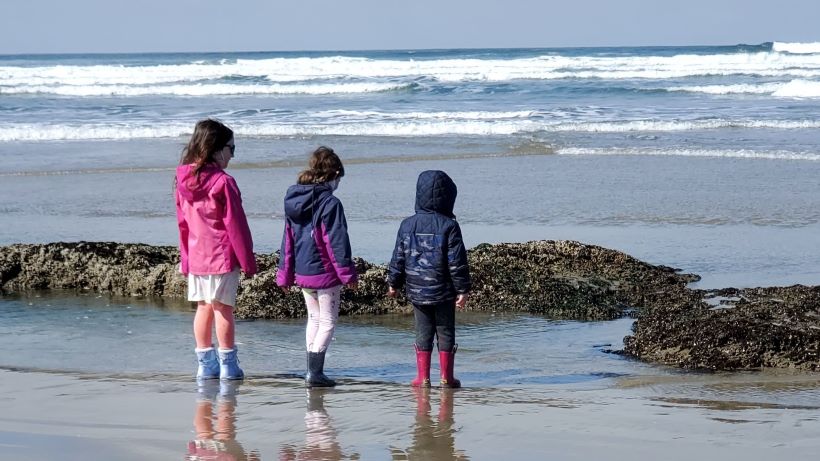Judaism offers us many opportunities to start fresh. In fact, there are four “new years” on the Jewish calendar: 1 Tishrei (Rosh Hashanah), 15 Shevat (Tu B’Shevat), 1 Nisan (the Exodus and birth of the Israelite nation), and 1 Elul (the tithing of cattle). Interestingly, the secular new year, Tu B’Shevat, and our reading about the Exodus in the Torah all happen around the same time, so needless to say fresh starts are on our minds in January.

Whether it’s a new food, a new exercise routine, or a new hobby, it’s helpful to have an excuse like the new year to explore those unchartered waters in our lives. And to a society that spent hundreds of years in bondage in Egypt, freedom was a completely new experience they didn’t know they were ready for. Parshat Vaera, this week’s portion, begins the Israelites’ journey away from Egypt. We find the Israelites in the midst of their transition from slavery to freedom. God reminds Moses about the covenant made with our forefathers and that redemption is in the near future. Moses tries to share this with the people Israel, but they aren’t ready to listen to him. And to be honest, Moses isn’t so sure of himself anyway.
So who is the most hesitant about this transition? Is it Moses, who’s afraid to take on the leadership of this nation in the desert without any real structure in place? Is it Pharaoh, who has to let go of an entire population of slave laborers? Is it the Israelites, who are afraid to leave because as bad as slavery was, at least they weren’t fearful of the unknown? Perhaps it is all three.
It’s around the time of the fourth plague, when Pharoah is again faced with the decision of whether or not to let the Israelites go, that Moses suggests that he and Aaron – and perhaps all of Israel – leave temporarily. The purpose of this three-day excursion, at least according to Moses, is to be far enough away from the Egyptians to make a sacrifice to God. But could there be another reason? Could it be that Moses holds out hope that after three days he’ll feel more empowered to lead? Or is he trying to give the Israelites more time to realize the power of being free and to choose on their own volition not to return to slavery?
Three days doesn’t sound like a long time in the grand scheme of 40 years in the desert, but maybe it was a “toe in the water” of freedom. Sometimes that’s all we need to realize the positive side of new experiences. Parshat Vaera reminds us that even though new adventures, foods, or friendships can be intimidating, it’s almost always impossible to know the outcome until you try. What will you try in 2024 for just one minute, for 10 minutes, for three days, or beyond?



